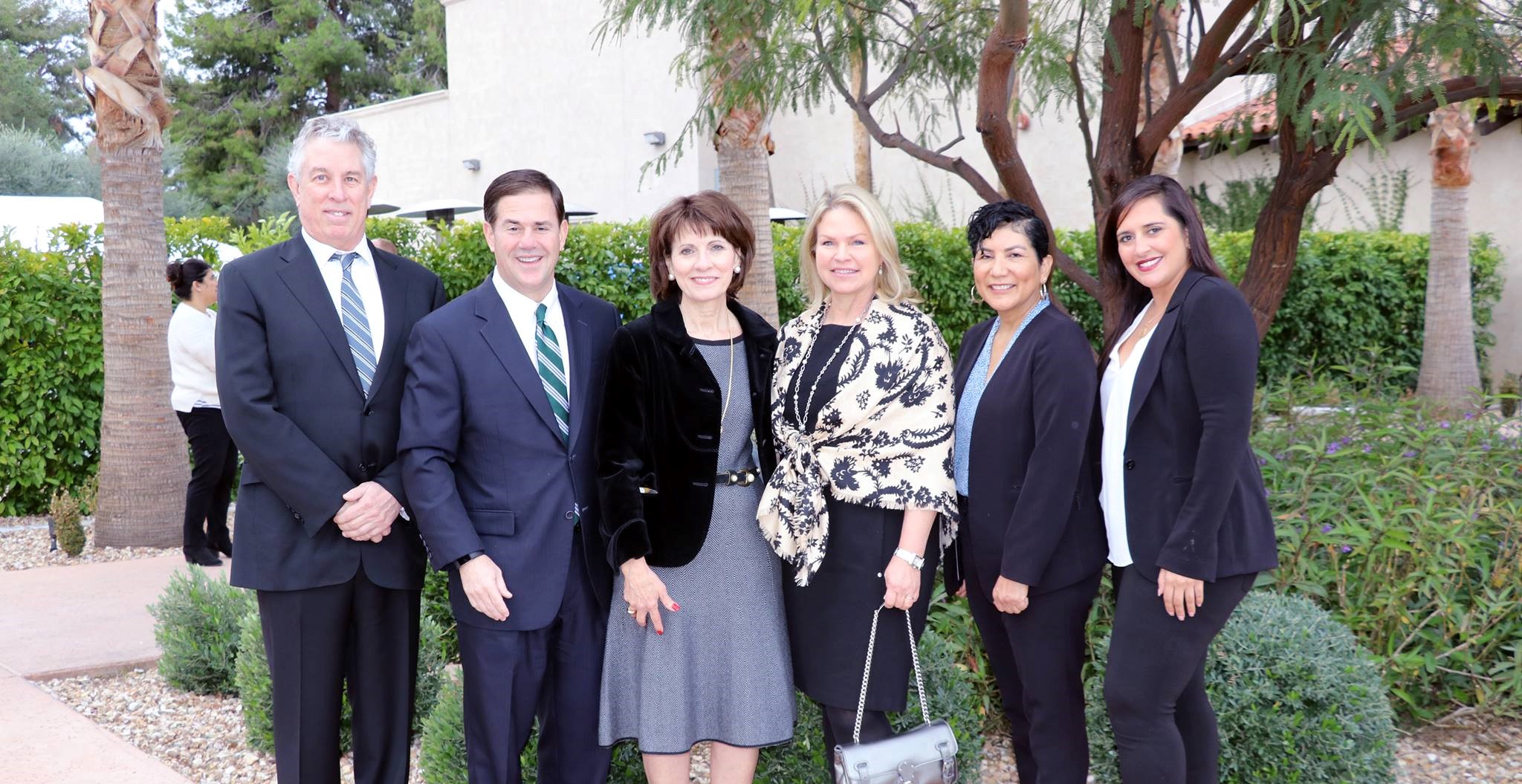Arizona is committed to ensuring trauma-informed care becomes the standard for supporting children and families across Arizona. Through continued efforts and collaborative partnerships, Arizona works to improve and better serve our most vulnerable youth and families through a trauma-informed lens.
What is Trauma Informed Care (TIC)?
Trauma-informed care (TIC) involves understanding, recognizing, and responding to the effects of trauma on an individual throughout their lifespan. TIC emphasizes physical, psychological, and emotional support for individuals and works to help trauma survivors rebuild a sense of control and empowerment.
Why is TIC necessary?
Almost everyone has experienced some form of trauma during their life, and no one is immune to the impact of trauma. Trauma affects individuals, families, and communities by disrupting healthy development, adversely affecting relationships, and contributing to mental health issues, including substance abuse, domestic violence, and child abuse. Everyone pays the price when a community produces multi-generations of people with untreated trauma by an increase in crime, loss of wages, and threat to the stability of the family.
A recent survey by America’s Health Rankings determined that over 30% of Arizona’s children, ages 0-17, have two or more adverse childhood experiences (ACEs). Based on these numbers and the scientific evidence concerning early childhood trauma, a solid response to prevent and reduce ACEs in Arizona’s youth population is a priority to increase the health and well-being of our youth. Increasing public awareness of ACEs can potentially improve the health of all children in our state. Focusing on prevention can provide families with the support to prevent children from entering foster care. Improving how we respond to our citizens through a trauma-informed approach can help mitigate the effects of toxic stress and break generational cycles driven by ACEs.
How is Arizona working to expand trauma-informed care?
Developing trauma-informed systems around children is a primary means of reducing ACEs and the effects of childhood trauma. Through collaborative efforts and strategic partnerships statewide, Arizona is actively working to raise awareness about TIC, increase programs that support trauma survivors, and increase opportunities for improved health and success.
A trauma-informed approach or program includes each of the following elements:
- Realizing the prevalence of trauma
- Recognizing how trauma affects all individuals involved with the program, organization, or system, including its workforce
- Responding by putting this knowledge into practice
- Resisting re-traumatization.
Resources
- The Trauma Informed Care Project
- Arizona Department of Child Safety (DCS)
- Arizona Department of Economic Security (DES)
- Arizona Health Care Cost Containment System (AHCCCS)
- Arizona Trauma Institute
- Casey Family Programs
- First Things First
- Hope Community Services
- Phoenix Children's Hospital
- Southwest Human Development



